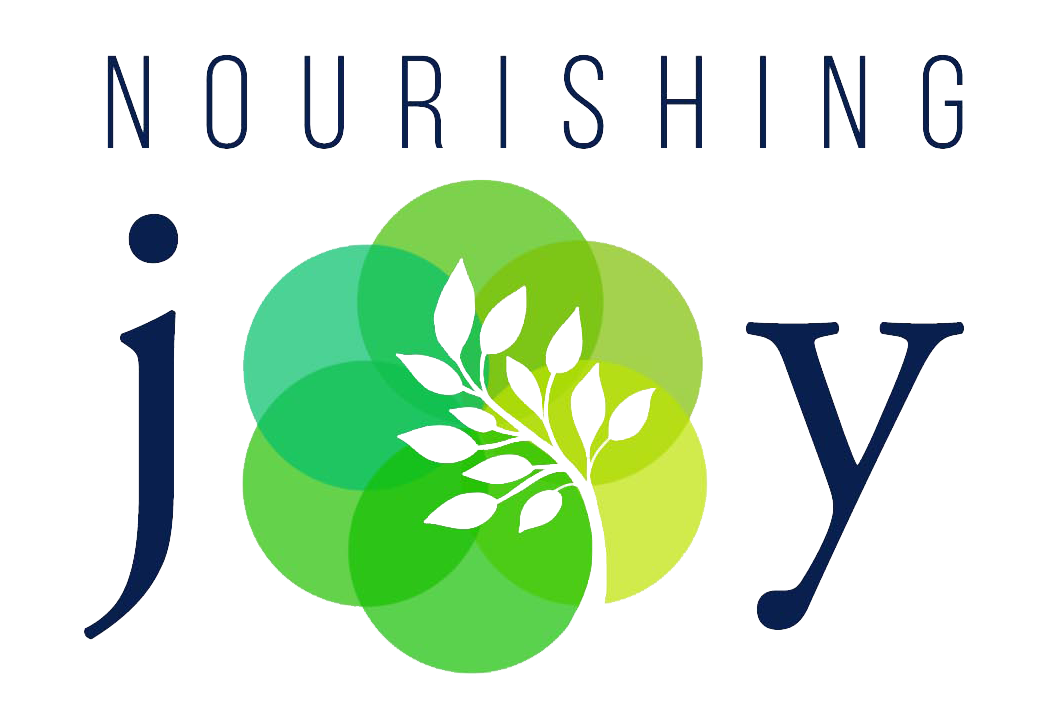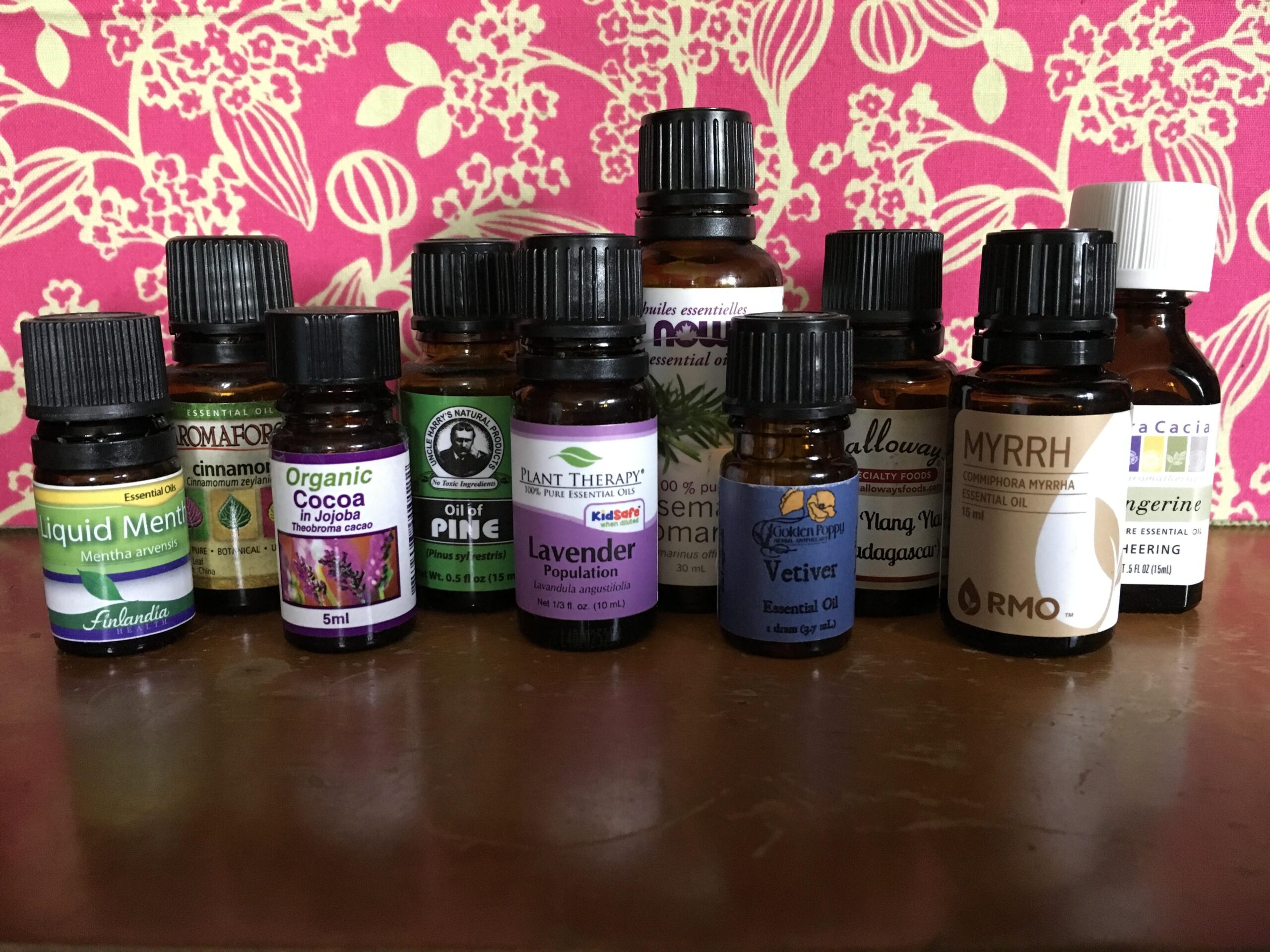How to Choose the Best Essential Oil Brand
This post may contain affiliate links, including those from Amazon.com, which means we earn a small commission off your purchases. And here's the thing: We only mention services and products that we think are truly worth your attention, whether they're free, paid, or otherwise. This site relies on YOUR trust, so if we don't stand behind a product 110%, it's not mentioned. Period.
As you likely know, I LOVE using herbs and essential oils. Proof: My new book, The Thinking Parent's Guide to Natural Remedies, 160 pages of pure love letter to herbs and essential oils and my favorite book I've written to date.
However, I know the quagmire of trying to decide which essential oils to buy all too well, which is why it is NO surprise to me that the two questions I get more than any others about essential oils are:
“What brands do you recommend?
Can you please tell me which brand should I buy????”
While I do indeed have a few recommended brands, which you can see here, this post is specifically about how to choose essential oils that are right for YOU and your family. My deep intent in writing this article is to help you sort through all the information swirling around in the natural living world so that you can make decisions you feel happy about. 🙂
Nothing better than that. 🙂
But first things first: it's very important to note that there is no one essential oil brand that is right for everyone. And in fact, I don't even think there's only one brand any one person should be “loyal” to. It's perfectly okay to purchase from different companies at different times – you just need to be happy with each brand from which you buy, and it's absolutely okay to have favorites. (I do.)
And when it comes down to it, there are only three things you have to evaluate when choosing an oil: how the oil was grown and produced, the company, and the qualities of the oil itself.
So, here is how to evaluate an essential oil:
1. Know your labels.
Because essential oils can so easily be adulterated, transparency in a brand is everything. So read your labels – you should easily be able to find:
- the Latin (botanical) name of the plant or plants,
- how the plants were grown,
- where the plants were sourced/the country of origin,
- when the oil was distilled (and/or it's expiration date),
- if the oil was created from fresh or dried plant material (you want fresh),
- exactly which oils are in the bottle.
Remember, words like “pure,” “natural,” and “therapeutic grade” are hold very little value (unfortunately) because there is no standardized definition of purity, so these words and phrases can mean anything the manufacturer wants them to mean. (And if a manufacturer DOES use those words, it doesn't automatically mean they're being sleazy or misleading – the terms are simply not standardized across the industry.)
Now, one important note – due to the small size of labels, I give a fair bit of leeway here. I'm very sympathetic that businesses want to make their labels classy and I appreciate it when they're easy to read. So, I give leeway as to whether or not ALL the information is listed right on the bottle, but I DON'T give leeway that the information exists and is easy to find. As long as the company prominently displays the common name, Latin name, and ingredient list on the bottle and publishes the rest of the information easily on their website, and preferably right on the product page, I'm satisfied.
2. If at all possible, verify.
As we just mentioned, a company should obviously be transparent about where it gets its ingredients and how it produces its oils. However, a seriously GOOD SIGN is when a company backs up its claims with third-party tests and verifications that demonstrate their products and processes have been audited by a third-party organization – this is simply responsible business.
So, you want to know:
- Which tests are run?
- How often are oils tested? (Ideally, every batch of oil will be tested at least twice.)
- Is the company willing to post the results of every test publicly, or at least provide them to you if asked?
- Is the company willing to provide test results for the specific batch you will be purchasing?
Two common tests run are the gas chromatography and mass spectrometry tests, often referred to as GC/MS and which is how you'll often find them on company websites.
Even if you don't want to wade through all the scientific results and documentation yourself, knowing a company provides this level of transparency should help you feel confident in the oils you are purchasing.
Now, please note – just like I mention in our article, “Why You Might Not Want to Buy Organic,” this can be a serious hurdle for small producers who are crafting their oils by hand, since those verifications and certifications can be prohibitively expensive. So with small brands who are in their first few years of business, this isn't a requirement in my book, especially since it's easier to ask them directly about their policies and practices. But with large, multi-million dollar brands – or if I'm putting in a large order – you can bet your sweet bippy I want to see proof that they're telling the truth about what they're selling.
Here are three excellent examples of what this can look like:
- Rocky Mountain Oils – this page makes checking your specific bottle of oil super-easy
- Gaia Herbs – each product has a traceable code
- Herb Pharm – click the map to see where in the world they source every single herb they use
3. Do your research on sourcing.
Quality plants and herbs can be grown anywhere, but plants adapt and produce different constituents according to where they're grown and what the climate was like during that particular growing season. Like fine wine grapes that are planted according to climate, soil, and altitude, so herbs have ideal locations around the globe to grow.
The best helichrysum italicum comes from high, sunny, rocky soil in Italy. Amazing frankincense and myrrh come from the horn of Africa (Somalia, Ethiopia, and Kenya). The vetiver from Haiti is unparalleled. The lavender that comes from France and Bulgaria is exquisite. And my neck of the woods, the coastal Pacific Northwest, grows amazing mints, usnea, and – of course – cedar.
Now, this doesn't mean that plants grown in other parts of the world are of poor quality – and from a sustainability standpoint, it's sometimes more eco-friendly and cost-effective for some producers to grow their own plants rather than shipping them across the globe – BUT because of the volume of plant mass needed to produce quality essential oils and to make the most potent, effective oils, it can be best to source the plants where they grow best.
Doing your research on sourcing also means you want to make sure the plants are organic (or wildcrafted or “better than organic”)! Remember, essential oils are distilled concentrates, so you don't also want concentrated pesticides to be rubbing on your skin or inhaling. This is especially true of citrus fruits, which tend to be sprayed heavily.
Now, this doesn't mean you need to become a sourcing expert by any means, but it DOES mean that you should require a company to tell you where every herb or oil they use comes from, whether it's from their own farm or from across the sea, because this means they've done their homework and value quality, organic plants.
4. Evaluate the company's sustainability and ethics practices
Which is a perfect segue to evaluating a company, because when a company sources plants from around the globe, that requires them to build partnerships with growers in those places.
Ethical companies will not only build partnerships that require fair labor practices, but will ensure that their presence in the community IMPROVES the life of the community and will require sustainable ecological practices so that the crops and livelihoods that depend on the crops last for decades to come. Business should be profitable, but it should also be a win-win-win for company, producer, and customer alike, so insist on companies that gain a profit not only financially, but socially and ecologically as well. (Ever heard of The Eight Forms of Capital? Brilliant stuff.)
So evaluate a company's sustainability statements, and if they don't provide them easily on their website, ask for them, as well as ask for a list of where different plants are grown. (For example, different statements will be available depending on whether the plants are grown in upstate New York or in Nicaragua.)
Pay particular attention to any certifications, such as the official Fair Trade or FairWild labels or the dozens of other labels that denote ethical, sustainable practices.
You'll also want to pay attention to any association memberships. For example, if a company is a member of the National Association for Holistic Aromatherapy (NAHA), then you know that they are required to abide by and produce according to NAHA's ethics standards, so that would be a simple way to observe the ethics of a company.
5. Evaluate the company as a whole & what information they provide
There are a handful of herbs and essential oil companies whose products I quite like, but every time I order from them, I feel just a little bit of the heebie-jeebies. The company itself – its corporate structure, its profit-sharing structure, its company culture, its worldview, or whatever it is – doesn't sit well with me and I feel disappointed that I spent our family's hard-earned money supporting a company that I don't like.
Beyond this, however, is important to pay attention to what education the company provides to its customers and how it speaks about plants and sustainability. Specifically, ask yourself these questions:
- Does the information available on the site and in company literature advocate safe use of essential oils or is safety information lacking?
- Does the information put out by the company show you how to use the oils?
- Does the company offer friendly customer support?
- Does the educational information put out by the company offer intrinsic value or does it feel like a sales pitch?
- Does the company share the same worldview or values that you do? If not, are you comfortable supporting them?
Moral of the story is – ask yourself BEFORE you buy if you are comfortable with the company, then purchase accordingly. Some people prefer large, well-known companies, some people prefer mom-and-pop handcrafters, some prefer the ease of membership of an MLM (multi-level marketing) company, and some prefer a company that is both grower and producer. None of these are automatically “bad,” so merely purchase according to YOUR preferences.
And the opposite of this is also true. If you are particularly EXCITED about the way a certain company does business, go out of your way to support them!
6. Ask around.
Trust your friends, family, and colleagues. Ask which brands they use, whether they feel they're worth the price, how they've used each brand, which oils from the brand they use, how long they've been using them, and how well they feel the oils perform. I wouldn't recommend buying a certain brand ONLY because someone (including me) recommends it, but I would DEFINITELY give weight to the brand because someone you trust uses it.
7. Choose what you love and what makes you feel the effect of the herb.
I know this one sounds odd (or at least mundane), but this last step is important. This doesn't help much the first time you buy from a company and don't have access to the oils on site (such as when you purchase online), but you can use this when reordering.
Once you have decided the company is one you're happy supporting and you're satisfied with how the oils were grown and produced, the last step is decide whether you actually like the oil or not – and this is completely personal preference.
For example, there are three companies I particularly love to buy from, but only one of them produces a lavender essential oil that I actually like the smell of. So, when I purchase lavender, I purchase it from that specific company. However, I prefer the cinnamon bark from one of the other companies.
My point is – once you have vetted each company and their practices, then you're free to learn and discover which oils and herbal products you like best from each one, and which oils best bring about the results you're looking for.
Happy essential oil sourcing! Here's to a vibrant, joy-filled life.
Want to know more about using essential oils thoughtfully and safely? Be sure to download our printable How to Use Essential Oils Safety chart!




